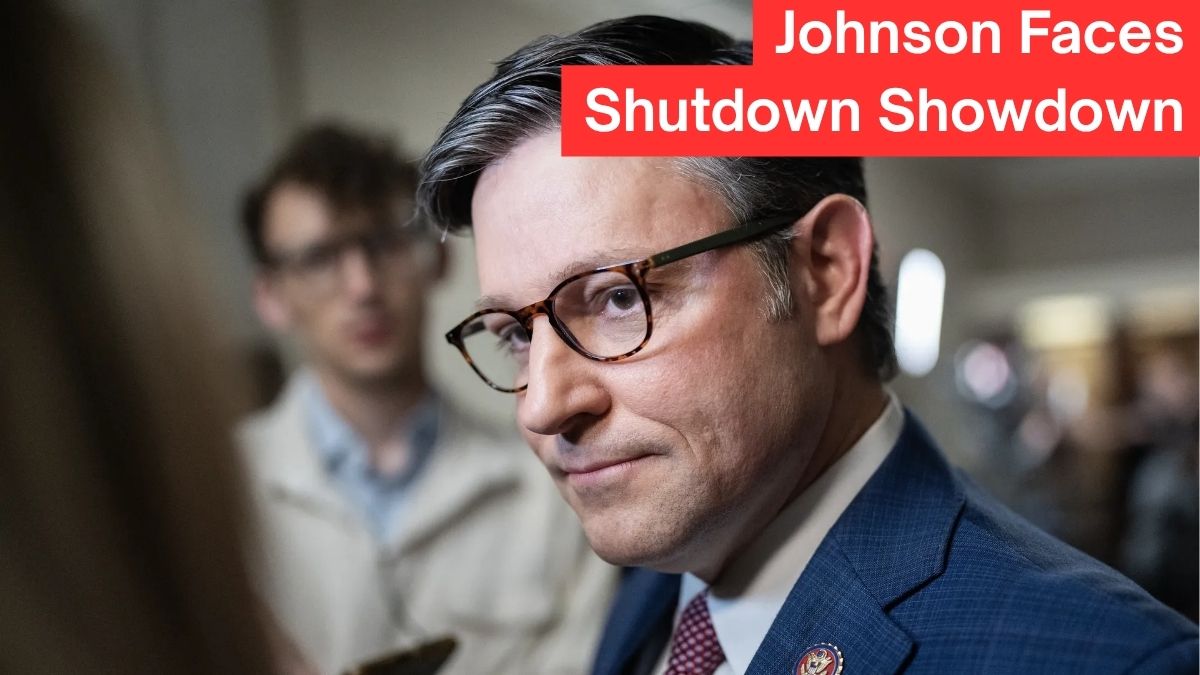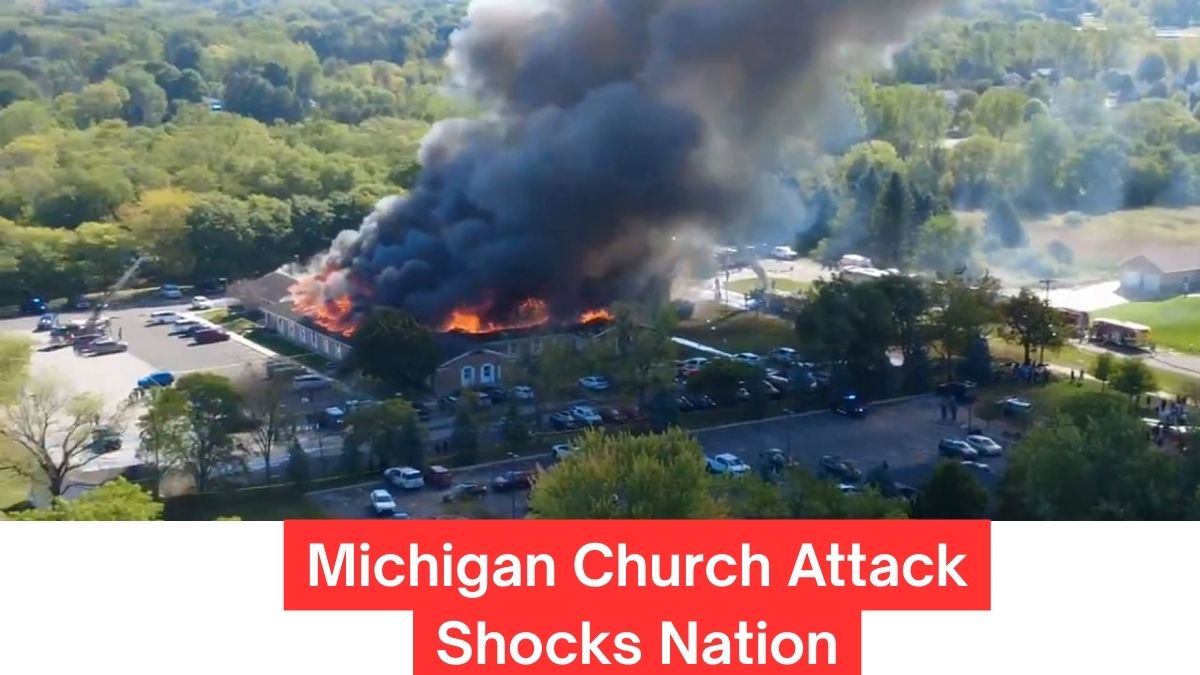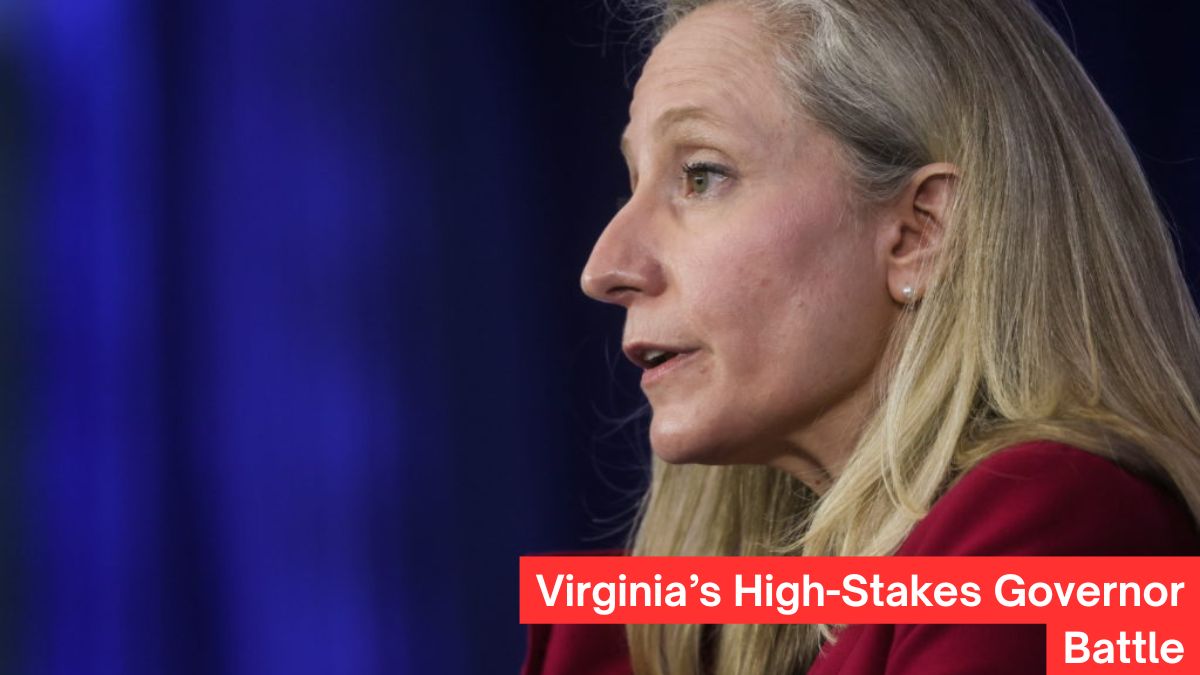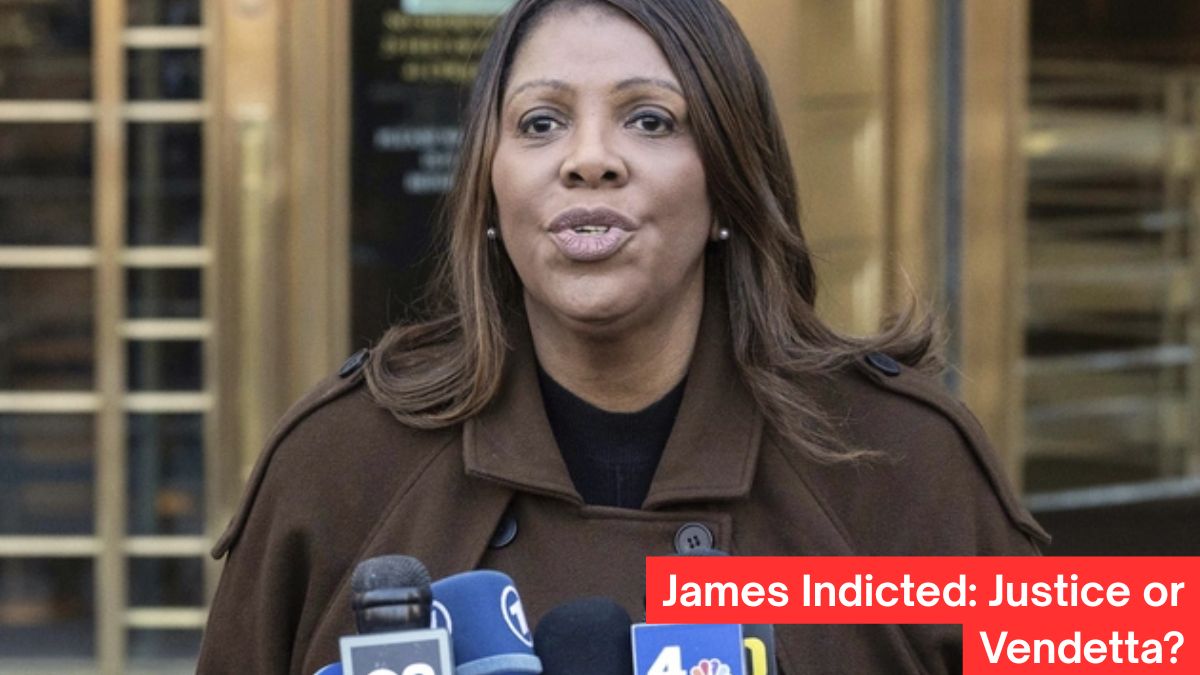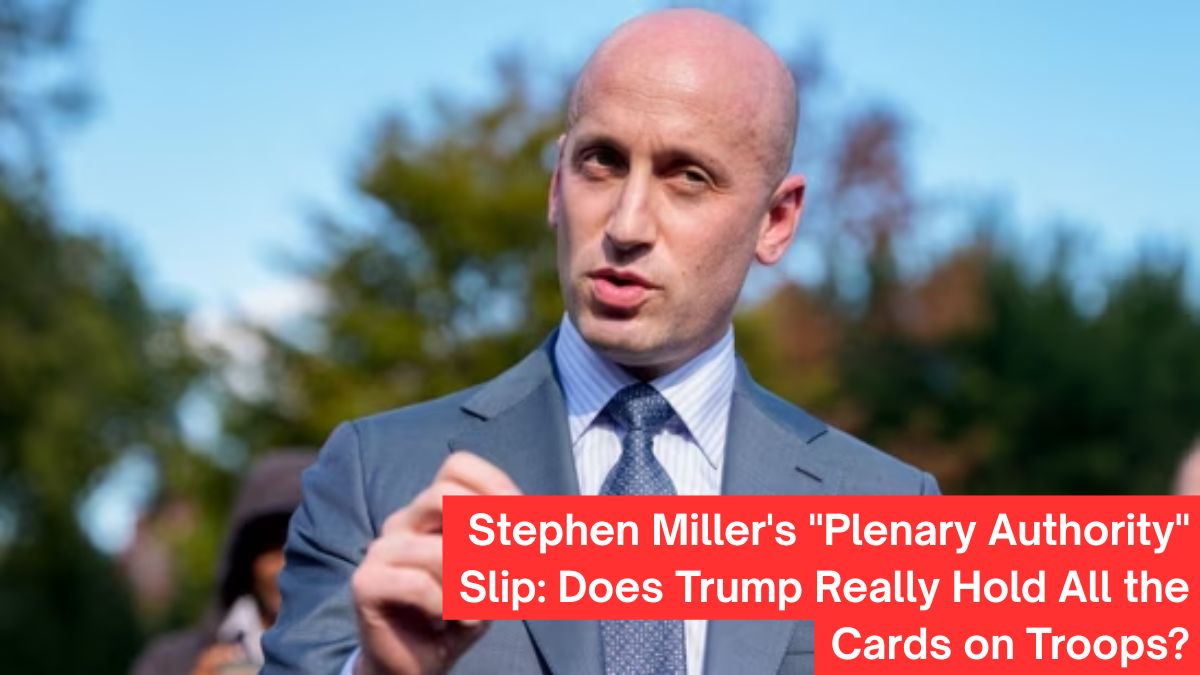As the deadline for the government shutdown approaches at midnight on September 30, 2025, House Speaker Mike Johnson is under a lot of political pressure. There has been a lot more talk about him on X, with posts going up by 300% in the last 48 hours.
He is at the center of both political and public criticism because of his role in the funding standoff, the fight over Affordable Care Act subsidies, the Epstein files controversy, and cuts to rural healthcare funding. Most of the posts on social media right now are negative, with 85% of them criticizing Johnson.
Key Takeaways
- Posts mentioning Johnson on X surged 300% in 48 hours, showing his central role in the shutdown crisis.
- 85% of public sentiment is negative, coming from both Democrats and GOP hardliners.
- Democrats demand ironclad ACA subsidy guarantees, while Johnson pushes a seven-week continuing resolution.
- The Epstein files petition controversy is eroding Johnson’s support inside his own party.
- Healthcare funding cuts, memes, and personal attacks amplify public anger.
- A shutdown is increasingly likely as both House and Senate bills face rejection.
Standoff Over Government Shutdown
Johnson’s push for a seven-week continuing resolution (CR) that funds the government until November 21, 2025, is at the heart of the conflict. The bill passed in the House with almost all Republicans voting for it.
Democrats, on the other hand, say that any deal must include a promise from Congress to extend the Affordable Care Act subsidies that are set to end by the end of the year.
Johnson calls the CR a “clean, nonpartisan” plan and says that Democrats want a $1.5 trillion spending package that would help “illegal aliens” and “left-leaning media.” His memo to Republicans calls for unity and blames Democrats for the shutdown.
Hakeem Jeffries and Chuck Schumer lead the Democrats in rejecting his framing. Jeffries wants “ironclad” promises, but Schumer is open to talking about frameworks while still standing firm on ACA protections.
The Senate is likely to turn down both the GOP CR and a Democratic alternative, so there is a good chance that the government will shut down at 12:01 a.m. on October 1.
The Epstein Files Issue
The #ReleaseEpsteinFiles trend is another flashpoint. Johnson is being accused of delaying the swearing-in of Rep. Adelita Grijalva (D-AZ) to stop a bipartisan petition to release Jeffrey Epstein’s documents.
The petition needs only a few more signatures to get a vote on the floor.
In 24 hours, the controversy has led to more than 15,000 engagements. Some people say that Johnson is protecting Trump allies from scrutiny, while GOP hardliners like Marjorie Taylor Greene and Lauren Boebert support the petition even though Johnson is against it.
The problem has made MAGA-aligned voters even less trusting, which has hurt Johnson’s standing even within his own party.
The ACA and rural healthcare debate
Funding for healthcare is another big issue. Democrats say that Johnson’s CR would cut $50 billion from rural hospitals, which they say would put rural communities and ACA protections at risk.
Democrats, including Gov. Gavin Newsom, have used this issue to get people to oppose it.
Johnson responds by saying that the CR keeps funding levels the same and accuses Democrats of making things harder. Some moderate Republicans are open to extending subsidies, but hardliners want limits, such as those related to abortion.
Senate Republicans are hinting at a compromise on the ACA after the shutdown, but Johnson’s refusal to negotiate within the CR framework could make the deadlock last longer.
Strategic Steps
- A look at the top 50 engagements from the last week shows:
- 60% of Democrats said Johnson was corrupt and cruel because he cut healthcare funding.
- 25% of hardline Republicans say he’s weak because he didn’t cut spending more or stop aid to Ukraine.
- 10% of GOP moderates liked him, mostly because they liked how he talked about Democrats.
- 5% of the posts about his stance on Russia sanctions were neutral or factual earlier in September.
Johnson’s warning post about the shutdown got 423,000 views, but clips from his critics got more than 1 million views. In U.S. politics, the hashtag #MikeJohnsonShutdown was the third most popular.
Strategic Steps
Johnson has stopped GOP fundraisers during the shutdown standoff, saying it was to keep the “moral and tactical high ground.” He has also kept the House from meeting, saying that the Senate needs to act on the GOP bill.
Democrats, on the other hand, are using public appearances to put pressure on Republicans by making them look like they are against healthcare.
The GOP is still not very united. Johnson is working closely with John Thune, the Senate Majority Leader, but his plan is getting riskier as both Democrats and hardliners put more pressure on him.
The Future
If no deal is reached, the government will shut down, which will affect services, put workers on leave, and delay paychecks. However, important operations like the Capitol Police will continue.
The Epstein petition could make the GOP even more divided, and talks about healthcare are likely to go on even after the shutdown. Johnson’s style of leadership, which relies a lot on breaks and shifting blame to the public, could lead to comparisons with Kevin McCarthy’s removal in 2023.
Johnson’s job in the coming days will be not only to keep the GOP united, but also to change how the public sees him, as he is still one of the least liked people in Washington.
